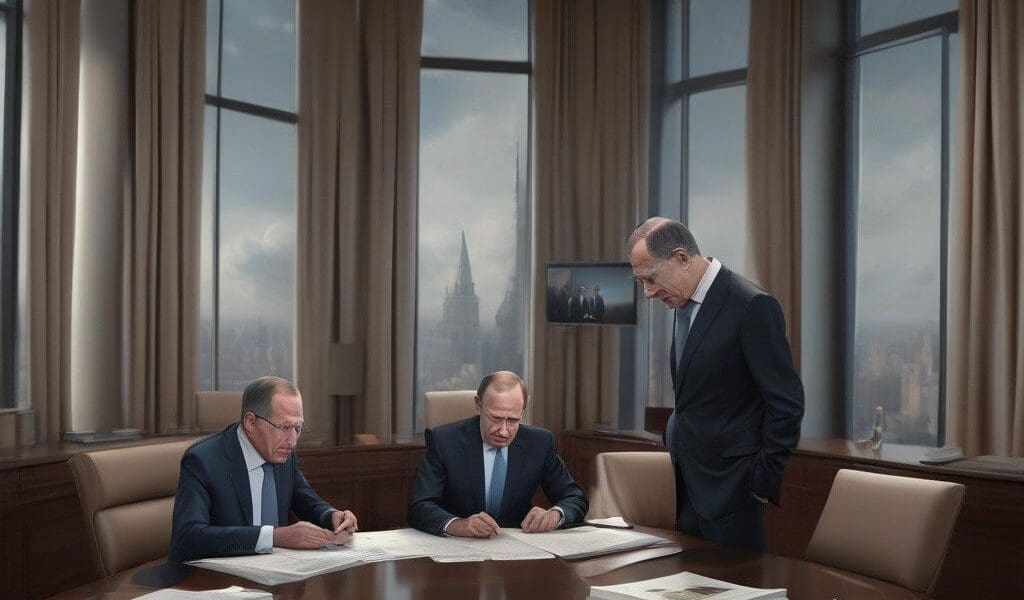### Lavrov Blames Durov's 'Freedom' for Telegram CEO's Arrest
The recent arrest of Pavel Durov, the founder of Telegram, has sparked significant controversy and debate, particularly in the context of digital freedom and governmental control. Russian Foreign Minister Sergei Lavrov has publicly attributed Durov’s legal troubles to his ‘too free’ management style over the popular messaging platform. This incident not only highlights the ongoing tensions between Russia and the West but also raises questions about the responsibilities of tech leaders in an increasingly complex digital landscape.
Durov was placed under formal investigation by a French judiciary for allegedly facilitating illicit activities via Telegram. Allegations include his platform being used for the distribution of child sex abuse material, drug trafficking, and fraud. These accusations have led to a backlash from Durov and his legal team, who have labeled the charges as ‘absurd’, arguing that it is unreasonable to hold him responsible for the actions carried out by the platform’s over one billion users.
Lavrov expressed his views during an address at MGIMO University in Moscow, asserting that the inquiry into Durov is symptomatic of a broader Western agenda aimed at controlling Russian entities. He articulated that Durov’s decision not to heed Western recommendations for moderating content on Telegram has made him a target of Western scrutiny. These comments resonate with the ongoing narrative that the West is exerting punitive measures against Russian innovators and entrepreneurs.
Despite the pressures faced by Durov from the Russian government over the years, the Kremlin has shown public support for him following his arrest. Kremlin spokesman Dmitry Peskov indicated that no discussions had occurred between the Russian government and Durov, emphasizing concerns over potential political persecution arising from the French legal context. This perspective aligns with the broader diplomatic strains between Russia and France, particularly highlighted by Durov’s arrest, marking a nadir in their relations.
The complexities surrounding Durov’s case lead to a critical discussion about the balance of freedom and accountability in digital enterprises. Social media platforms like Telegram operate in a landscape fraught with regulatory challenges, often at odds with users’ expectations of privacy and freedom of expression. This incident underscores the necessity for clarity in legal frameworks surrounding the responsibility of platforms and their founders in managing user-generated content.
Furthermore, the public response to Durov’s situation reflects a growing recognition of the importance of digital independence in society. As users, we have to navigate the nuances of privacy and the responsibilities placed upon digital platform leaders. Addressing issues of harmful content is crucial, yet it raises the question of whether platform executives should shoulder the burden for activities that occur in open digital spaces, often without their direct oversight.
From a broader perspective, Durov’s predicament serves as a cautionary tale for other tech entrepreneurs operating on the fringes of regulatory compliance. As companies continue to innovate and expand, they must also brace for potential legal challenges and societal expectations regarding governance, user safety, and ethical business practices.
In conclusion, the arrest of Pavel Durov not only highlights the tensions between individuals advocating for digital freedom and the regulatory frameworks governing technology but also represents a significant moment in the ongoing discourse about the role of tech leaders in society. As the legal landscape evolves, the implications for freedom of expression, digital innovation, and regulatory responsibilities will remain a focal point for discussion among policymakers, tech leaders, and the public alike.








